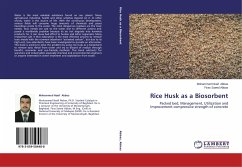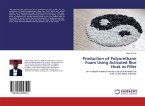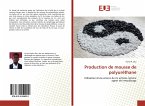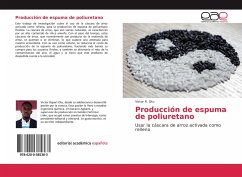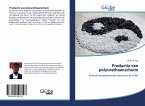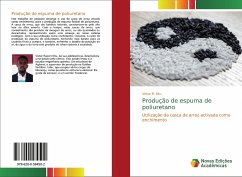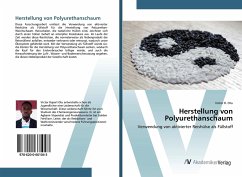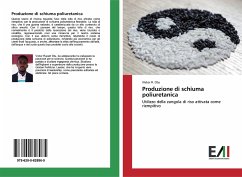Water is the most valuable substance found on our planet. Many agricultural, industrial, health and other activities depend on it. In other words, water is the source of life. With the continuous development, various fields will consume huge amounts of chemicals and poses hazardous waste to the water. The most dangerous residues are the toxic metals. Toxic metals are cast to the water due to different actions and posed a worldwide problem because its do not degrade into harmless products. So, it can cause bad effect to human and other organisms. Many researchers get it that adsorption is the most effective process to remove toxic metals with the common adsorbent "activated carbon", but due to its high cost, low adsorbents have been investigated to provide an alternative. This book is aiming to solve the problem by using rice husk as a biosorbent to remove toxic metal from water and try to discard of residue through benefit, economic and eco-friendly methods. This book subtracts for searchers and industrialists especially chemical and environmental engineers or anyone interested in water treatment and exploitation from waste.
Bitte wählen Sie Ihr Anliegen aus.
Rechnungen
Retourenschein anfordern
Bestellstatus
Storno

